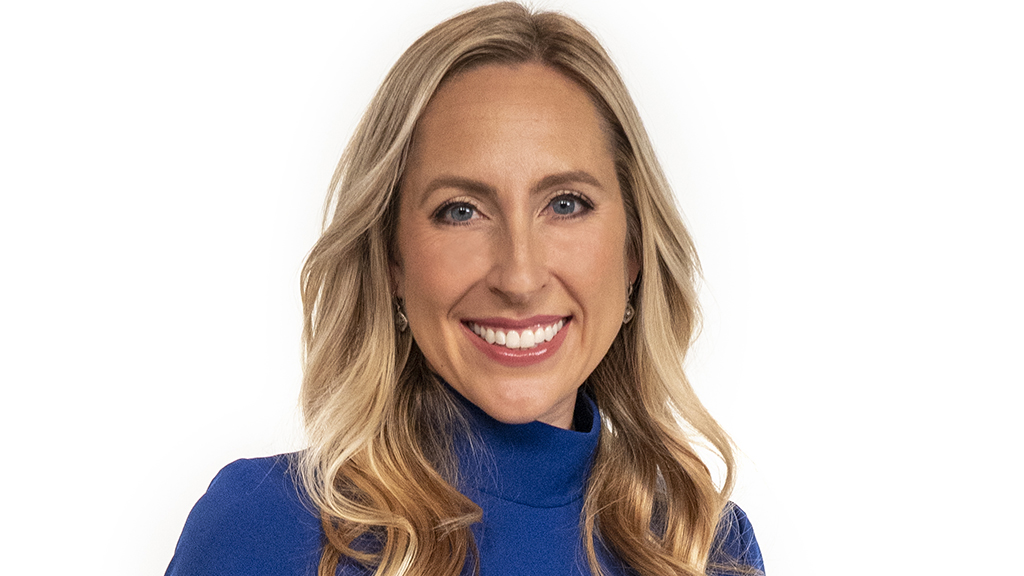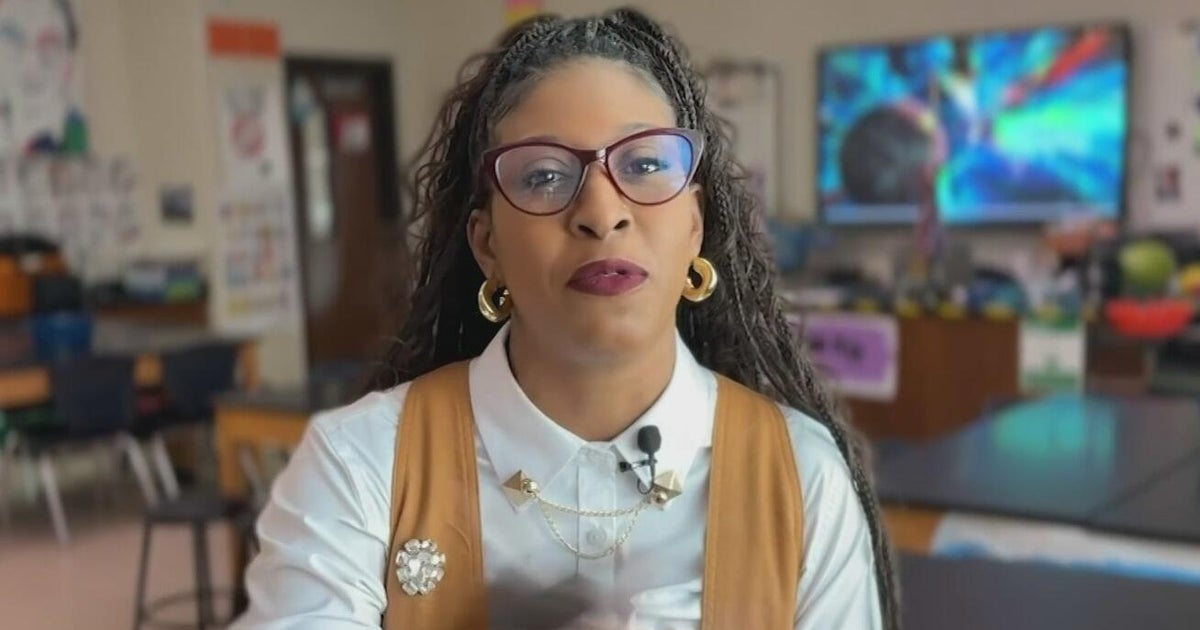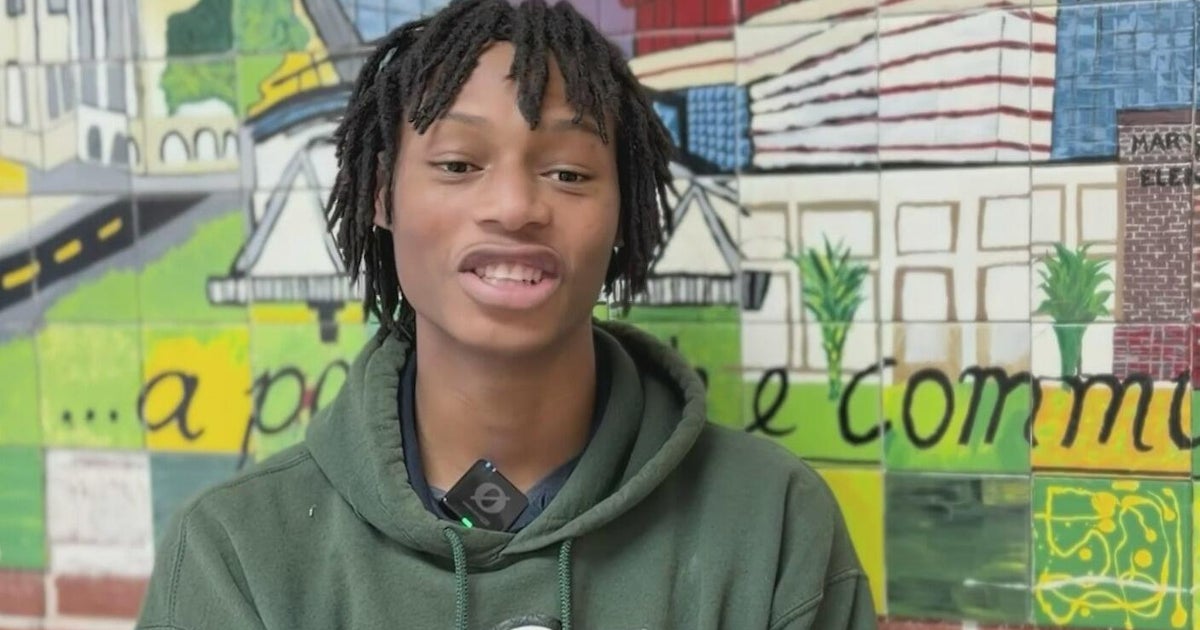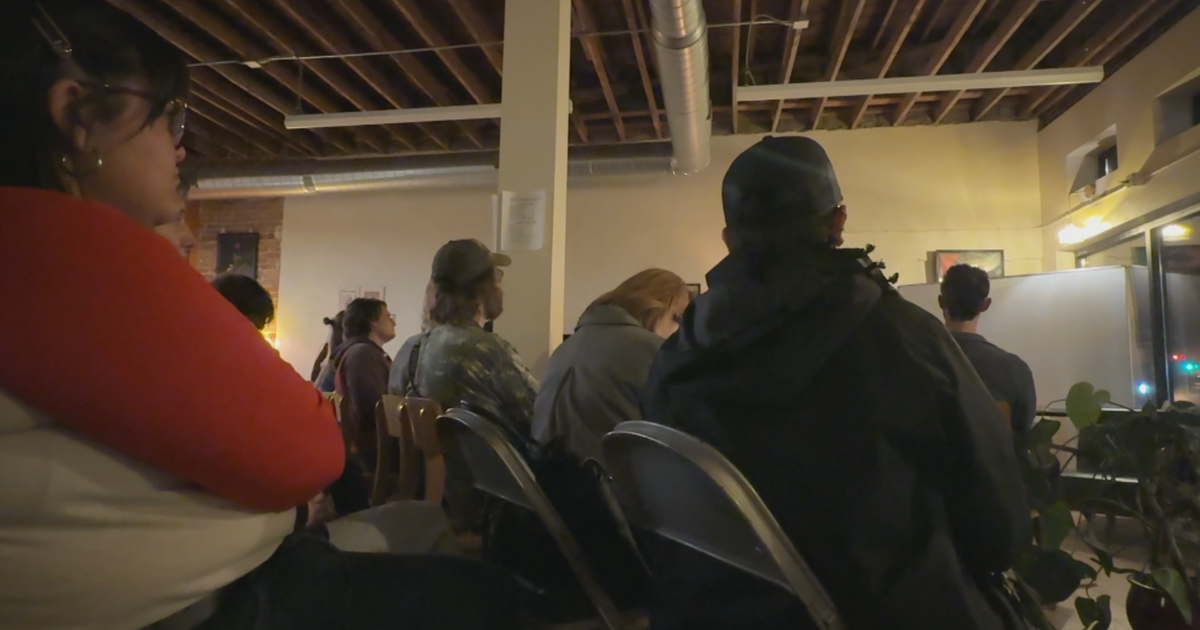'Looking at someone's entire story,' Olin College committed to racial diversity despite end of affirmative action
NEEDHAM - The Olin College office of admissions sits quiet in the heat of summer break, but there is a buzz among the college's administration that is different from past summers.
The conversation is all about diversity on campus after the Supreme Court struck down affirmative action and the ability of colleges to admit students explicitly on the basis of race.
"We're still evaluating exactly what the legal implications of the decision are on our admission process," said Olin Provost Mark Somerville.
Like colleges and universities across the country, Olin is now in uncharted territory. Somerville says the college is poised to maintain a racially diverse population on campus.
"I think it's part of a holistic admissions process. You're looking at someone's entire story. You're looking at what kind of adversity they've faced during their lives. You're looking at what kind of academic experiences they've had," Somerville said.
Olin is a small school with 382 undergraduates according to the latest student body snapshot. That size may give the college a leg up when it comes to diversity and admissions.
Every year, roughly 1000 people apply to the competitive school, which puts itself in the same league as MIT. Roughly a quarter of the applicants will be invited to meet Olin staff during "candidates weekends."
The college also relies heavily on recruiting.
"Whether it's places in California or places in Texas, our student body comes from across the nation," Somerville said.
This holistic approach has worked in the past, and Somerville argues it can still work after the death of affirmative action. Seventeen percent of the student body is underrepresented students of color, 8% is first-generation college students, and roughly half of the student body is female.
"There's a component of adversity that has to do with socio-economic status, a component of adversity that has to do with the community that you're in and how that community is viewed by the larger community its embedded in. All of those things is part of an individual's story, and my personal understanding of that part of the decision is that the individual's story is one that you can consider," Somerville said.








